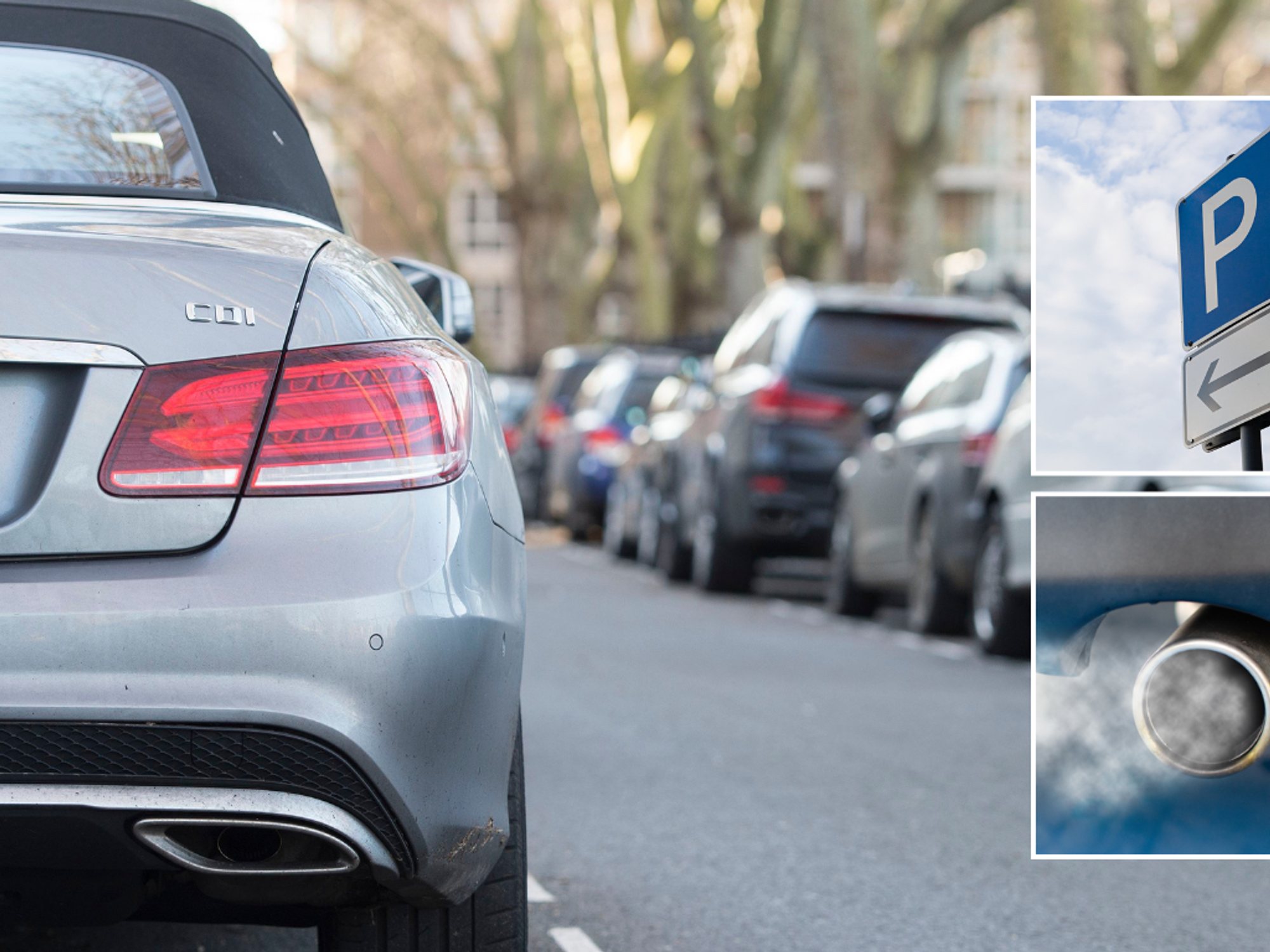Flying ants descend on UK as warning issued over swarms of pests

Flying ant season isn't necessarily a cause for concern | GETTY

The current hot weather has created ideal conditions for their nuptial mating ritual
Don't Miss
Most Read
Trending on GB News
Swarms of flying ants have appeared across the UK, with one expert warning Britons to "keep an eye on them", as parts of Britain swelter in hot temperatures.
The winged insects, which are the reproductive members of ant colonies, have emerged for their annual mating ritual.
The phenomenon coincides with a yellow heat health alert issued across England, which remains in effect from midday Thursday until 9am Monday.
The UK Health Security Agency warns of "significant impacts" on health and social care services.
According to the Royal Society of Biology, approximately 96 per cent of days between June and September see flying ant activity when weather conditions are favourable.
The current hot weather has created ideal conditions for the insects to take flight for their nuptial mating ritual.
Cesar Wang, director at Ants HQ, a specialist supplier of live ants, said Britons should expect to see this phenomenon until the beginning or middle of September due to the nuptial flight season in the UK.
He told GB News: "It typically happens in summer, and this is how ants reproduce. This is how virgin queen ants will start their own colony.
"Now you can imagine it's quite an impressive feat. They first need to fly in the air, they need to find several hundred mates, and they need to try to evade predators all at the same time."
LATEST DEVELOPMENTS:
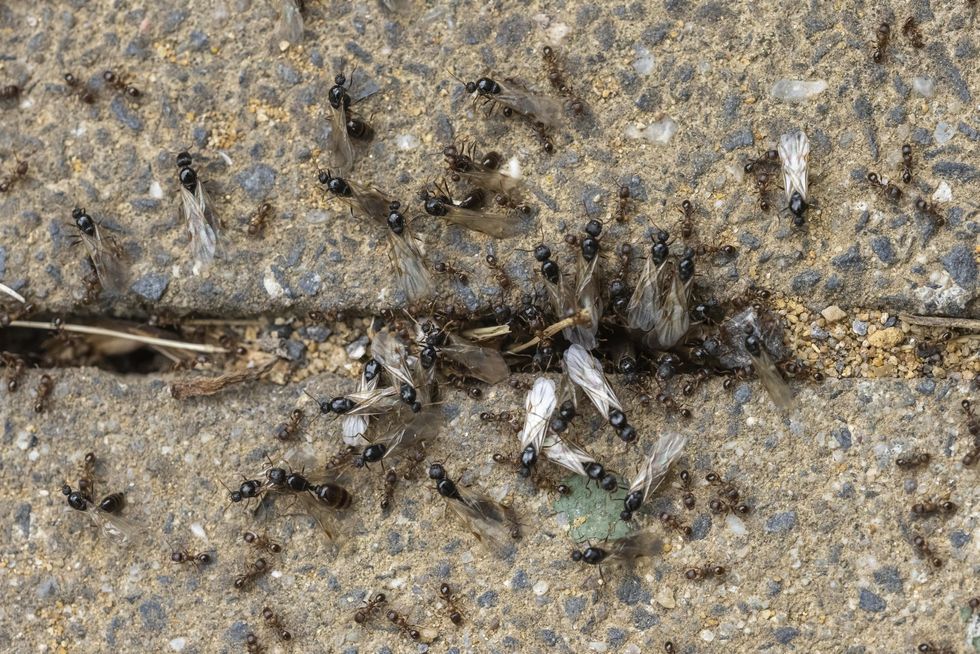
Swarms of flying ants have appeared across London as the capital swelters in hot temperatures
|GETTY
The expert highlights birds and humans as predators in the UK, but says in other countries, insects and lizards threaten the ants.
He explained to GB News that the reason why Britons are seeing the swarms is mainly due to the hot weather, because environmental conditions trigger their flights.
Wang said: "For a nuptial to happen successfully, you normally need a few things. The first one is heavy rain a few days before this, in theory, means that the soil is nice and humid and easy to dig for the newly mated queens. Secondly, you need a day where it's fairly warm, so plenty of sunshine and low winds."
The larger ants visible during swarms are queens before removing their wings and seeking nesting sites for winter.
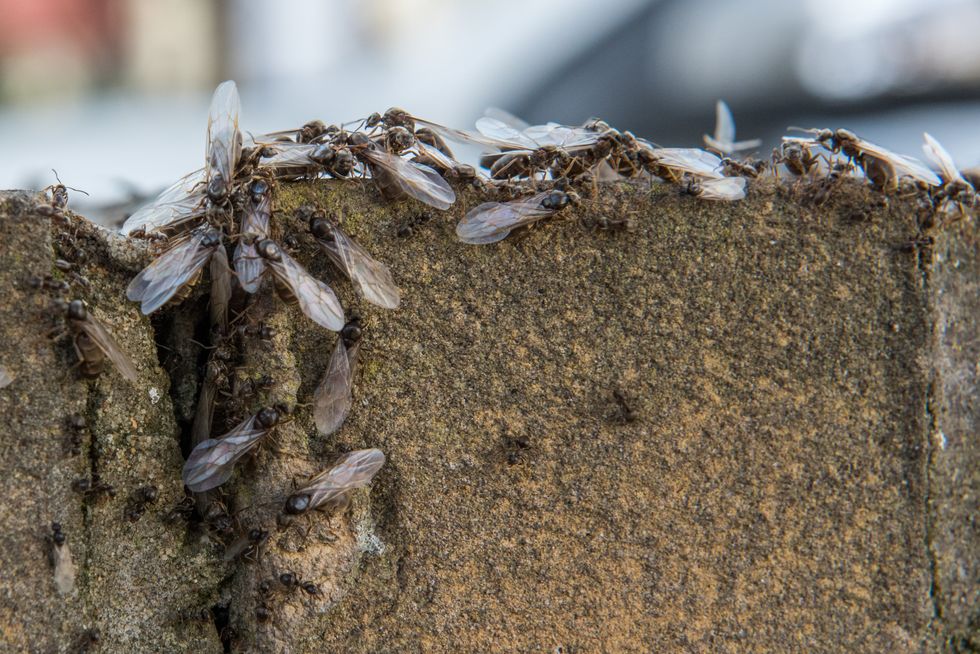
Flying ant season isn't necessarily a cause for concern
|GETTY
The queen ants then store sperm for up to 10 to 15 years of their life in an organ known as the spermatheca, a specialised pouch or sack found in the reproductive tract, while males die shortly after mating.
Queen ants are significantly larger than the average worker ants found in the UK.
Speaking on how to handle the swarms, Wang said: "Having some of these fly in your face, in your in your nose and your ears can be quite disturbing. But here in the UK, they're completely harmless.
"They're not able to really bite through human skin, and they can't sting either, so we're actually okay as humans."
He explained that the species fly anywhere between midday and all the way into six or seven o'clock in the evening.
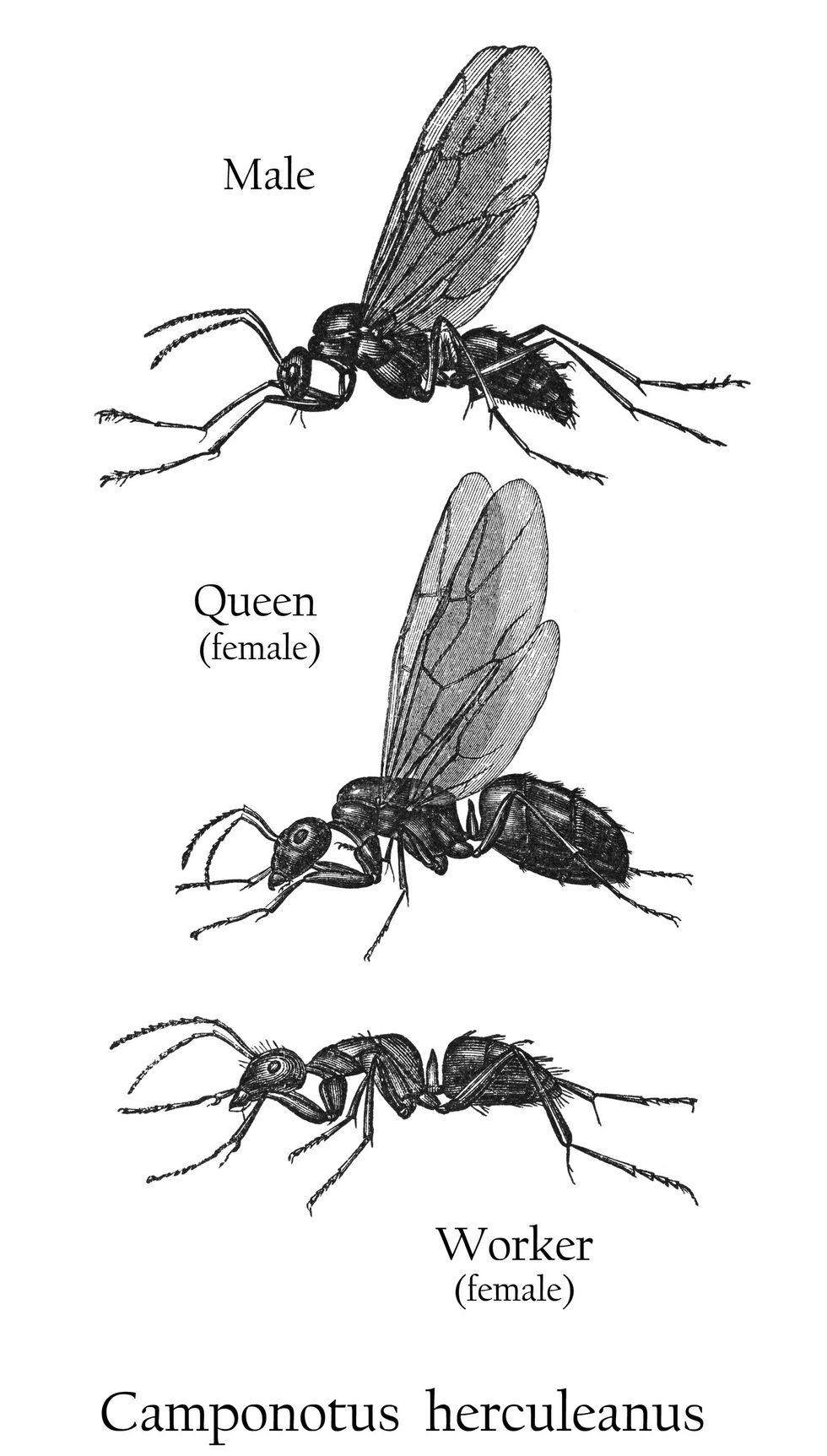
The larger ants visible during swarms are queens, whilst males die shortly after mating
|GETTY
There are around 50 species of ants in the UK.
The director at Ants HQ warned that red ants native to the UK can bite, causing a mild sting, while the more typical flying ants are the common black garden ant.
Niall Gallagher, technical manager at the British Pest Control Association, explained that the insects are typically black garden ants seeking to establish new colonies.
He said: "It's not entirely true that ants only fly for one day each year, but the mating season does tend to be just a few days in July or August.
"Mating takes place in the air during the swarming nuptial flight, but the ants will disappear within a few hours and are best left alone. Flying ant season isn't necessarily a cause for concern."
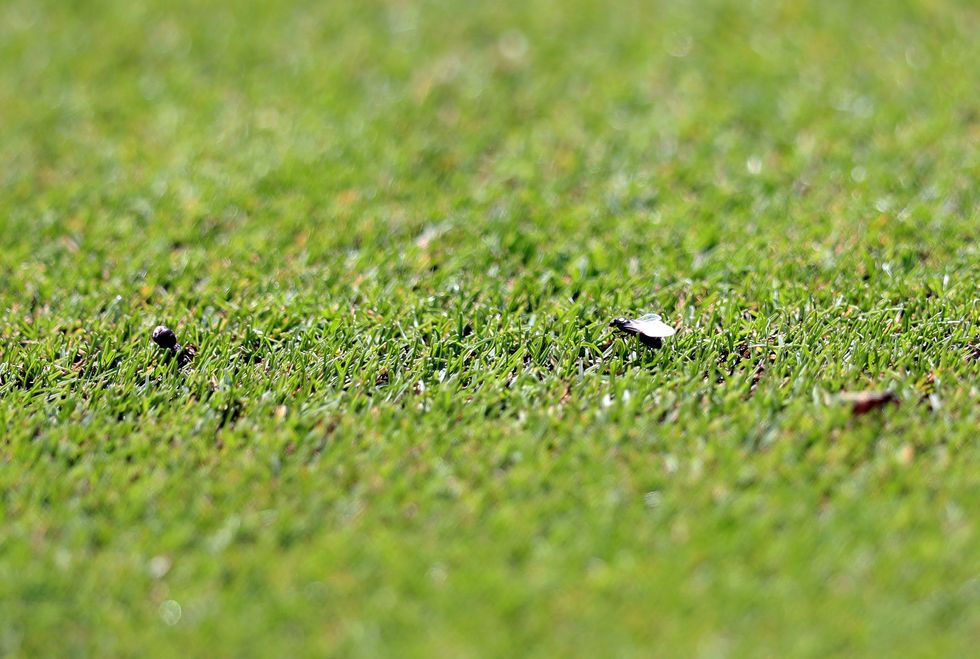
There are around 50 species of ants in the UK
|PA
However, residents should monitor ant activity near their homes to prevent indoor invasions.
Gallagher warned: "If you have ants in your garden or near to your home, it is sensible to keep a close eye on them and make sure they don't make their way indoors.
"They are highly organised social insects that are attracted to sweet foodstuffs and may invade buildings in search of food."
Deputy chief meteorologist Dan Holley indicated that thundery showers could develop by Saturday morning, with "tropical nights" possible as temperatures remain elevated.
The heat health alert warns of potential rises in deaths amongst vulnerable groups, including those over 65 and people with pre-existing health conditions.
More From GB News








